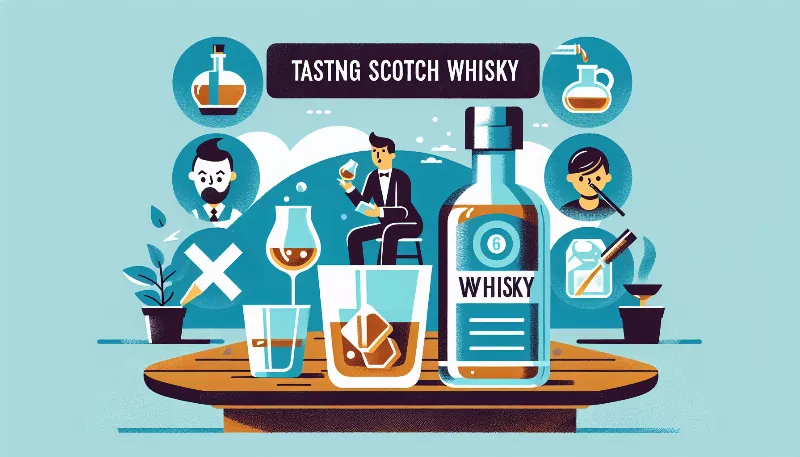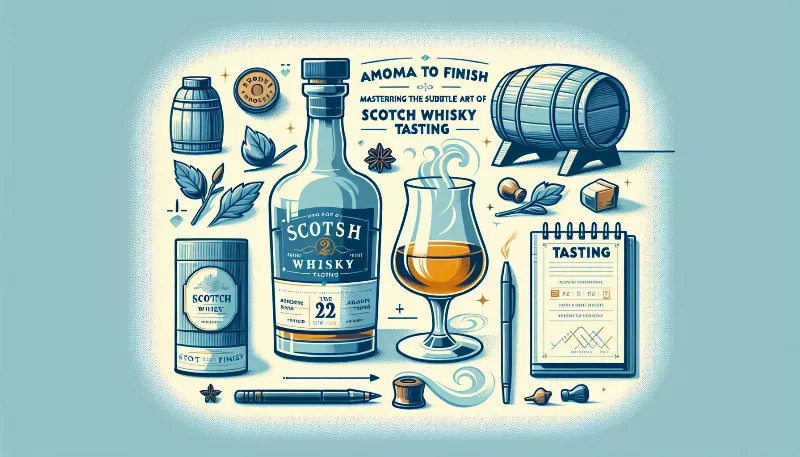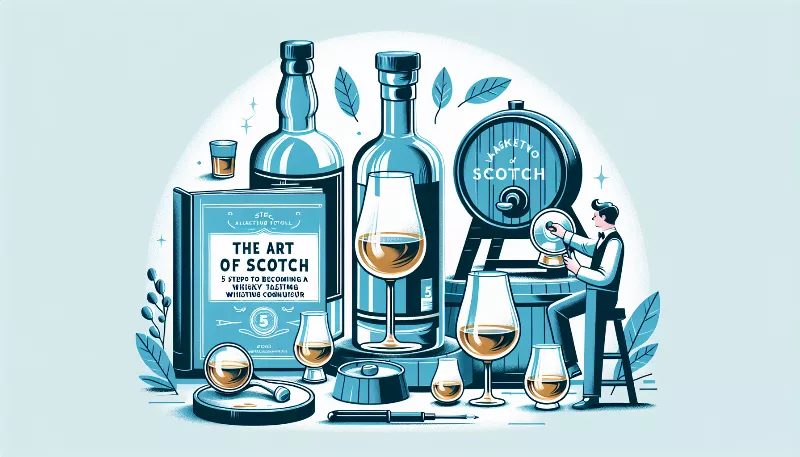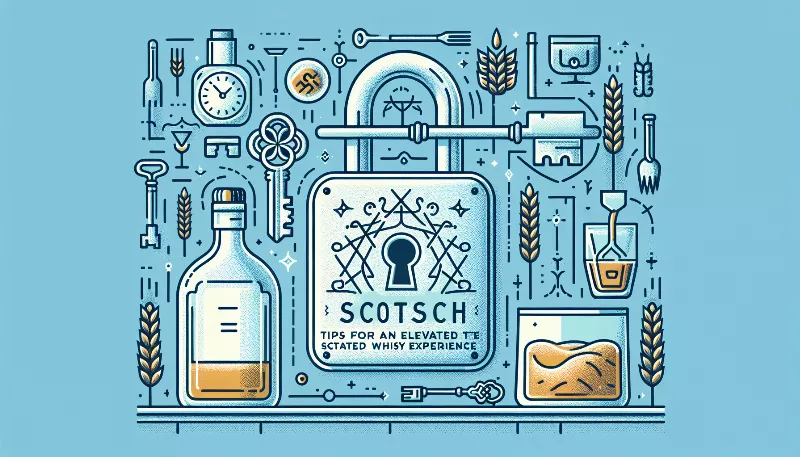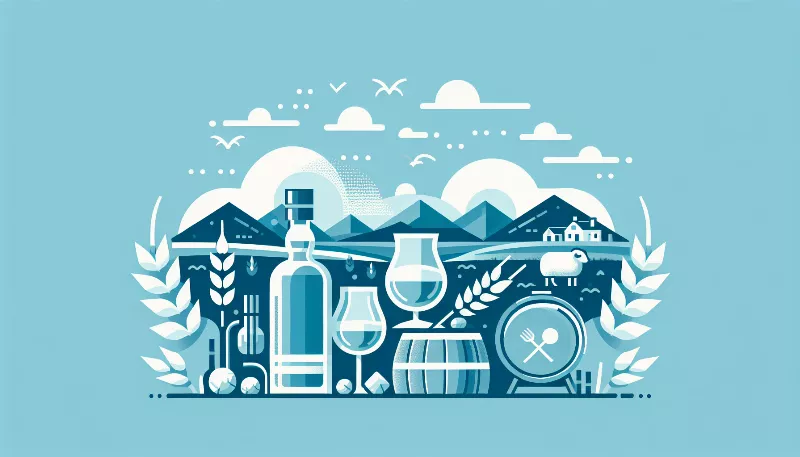Can you explain the significance of the Scotch whisky regions?
Discover the unique flavors & traditions of Scotch whisky regions. Learn how location influences taste and character in our insightful guide.
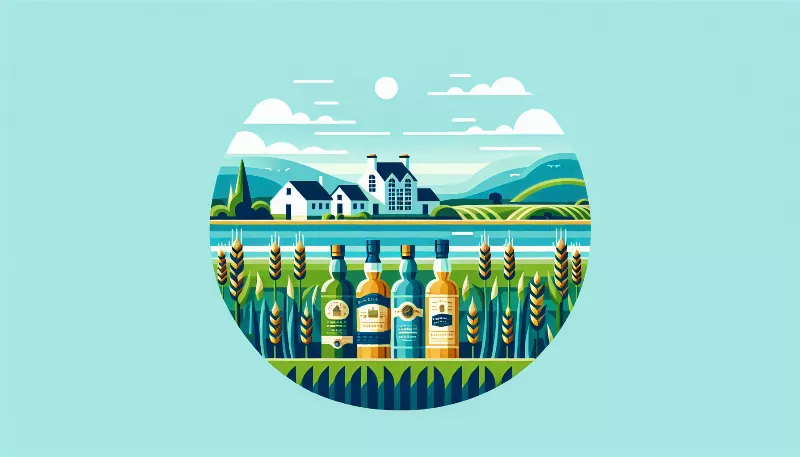
Embarking on a Flavorful Odyssey
Imagine embarking on an odyssey through the misty glens and rolling hills of Scotland, each step uncovering a new layer of complexity and tradition. This is the journey one takes when exploring the significance of the Scotch whisky regions. These regions are not just geographical distinctions; they are storied territories that have shaped the very essence of what we know as Scotch whisky today. Each region imparts its unique character to the whisky, creating a symphony of flavors that resonate with connoisseurs and casual sippers alike.
The Highlands: A Tapestry of Tastes
The Scottish Highlands, with their rugged landscapes and ancient lore, are home to the largest and most diverse of the whisky regions. Here, distilleries harness the power of nature to produce whiskies that range from light and floral to rich and full-bodied. The Highlands offer a kaleidoscope of flavors, influenced by the varied climate and terroir. This region is a testament to the versatility of Scotch whisky, showcasing how a single country can produce an astonishing variety of spirits.
The Lowlands: Delicate and Refined
As we venture into the Lowlands, the narrative shifts to a softer, more delicate profile. The Lowland whiskies are often referred to as the 'Lowland Ladies' due to their gentle and smooth characteristics. This region's whiskies are perfect for those who appreciate subtlety and grace in their dram. The Lowlands are a gateway to the world of Scotch, offering an approachable introduction to the nuances of whisky tasting.
Speyside: The Heart of Scotch Whisky
In the heart of Scotland lies Speyside, a region synonymous with Scotch whisky itself. Speyside boasts the highest concentration of distilleries in the country, and it's easy to see why. The region's pure water sources and fertile lands create an ideal environment for whisky production. Speyside whiskies are celebrated for their elegance, complexity, and fruity notes, often with a hint of sweetness derived from the sherry casks commonly used in aging. A pilgrimage to Speyside is a must for any whisky enthusiast.
Islay: The Peat Powerhouse
For those who crave intensity and boldness, Islay stands as the bastion of peated whiskies. The small island off the west coast of Scotland is battered by the Atlantic elements, and its whiskies are imbued with the sea's briny character. Islay's use of peat in the malting process imparts a smoky, medicinal quality that is both challenging and rewarding. The whiskies of Islay are not for the faint of heart, but they offer an unforgettable experience for those seeking depth and character in their glass.
Campbeltown: The Whisky Peninsula
Once the whisky capital of the world, Campbeltown is a region steeped in history and tradition. This small peninsula on the west coast was once home to over 30 distilleries, though only a few remain today. Campbeltown whiskies are known for their dryness and pungency, with a distinctive maritime influence. They are a bridge between the lightness of the Lowlands and the robust peat of Islay, offering a unique profile that is cherished by whisky aficionados.
The Islands: A Mosaic of Styles
The Islands, an unofficial region, encompass a diverse group of islands including Orkney, Skye, and Jura, among others. Each island's whisky tells its own story, with variations in style and flavor as diverse as the islands themselves. From the heathery smoke of Orkney to the spicy complexities of Skye, the Islands whiskies invite exploration and discovery, adding another layer to the rich tapestry of Scotch whisky regions.
A Confluence of Land, Tradition, and Craft
The significance of the Scotch whisky regions lies in their ability to convey a sense of place, a connection to the land and its history. Each region's unique environmental conditions and traditional practices contribute to the distinct flavors and aromas found in their whiskies. It is this confluence of land, tradition, and craft that makes Scotch whisky not just a beverage, but a cultural artifact, a liquid narrative of Scotland's heritage. As we raise our glasses, we don't just taste the whisky; we taste the very soul of Scotland.

